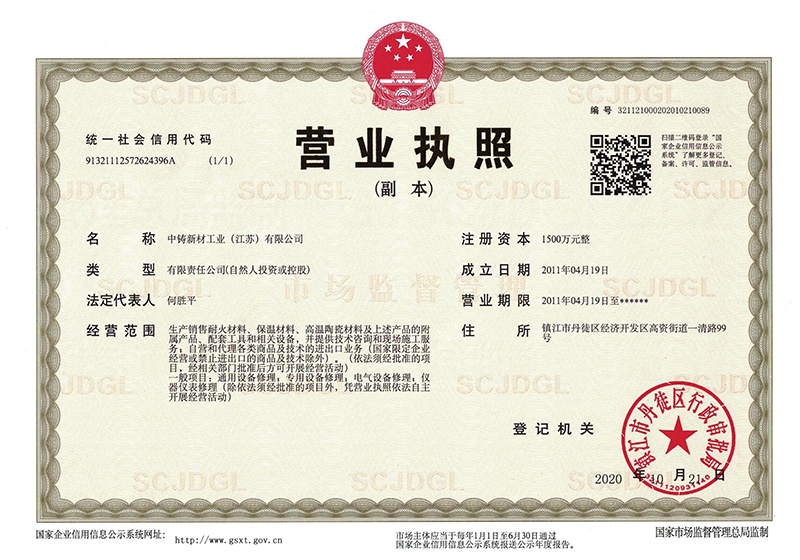News
SINO-FOUNDRY—professional refractory manufacturer
Understanding Castable Alloys for Aluminum Applications
2025-07-16
Castable alloys for aluminum have garnered significant attention in the metallurgy and energy sectors, especially within the non-ferrous metals industry. These specialized alloys are designed to be poured into molds to create complex shapes and components, which are often challenging to achieve through traditional machining processes. The casting of aluminum alloys not only optimizes material usag
One of the primary advantages of using castable aluminum alloys is their excellent fluidity. This characteristic allows the molten metal to fill intricate molds more effectively, ensuring that even the most detailed designs are accurately reproduced. Moreover, cast aluminum alloys demonstrate superior mechanical properties compared to their wrought counterparts. For instance, they exhibit enhanced strength, ductility, and corrosion resistance, making them ideal for applications in harsh environments.
In the realm of non-ferrous metals, castable aluminum alloys play a critical role in the production of components for industries such as automotive, aerospace, and consumer electronics. In the automotive industry, these alloys are used to manufacture lightweight structures that contribute to fuel efficiency and overall vehicle performance. Similarly, in the aerospace sector, cast aluminum components can significantly reduce the weight of aircraft, leading to lower fuel consumption and increased payload capacities.
Applications of castable aluminum alloys extend beyond structural components. They are also utilized in producing complex parts like housings, brackets, and fittings, where precision and reliability are essential. The ability to create intricate designs without the need for extensive machining also means reduced lead times in production, allowing manufacturers to respond quickly to market demands.
The versatility of castable aluminum alloys is further enhanced by the variety of compositions available. Different alloying elements can be introduced to tailor the properties of the material to suit specific applications. For example, adding silicon can improve fluidity and reduce shrinkage during the casting process, while incorporating copper can enhance strength and hardness.
As industries continue to evolve and demand for more innovative materials increases, understanding the properties and advantages of castable alloys for aluminum will be vital. These materials not only offer practical solutions for manufacturing challenges but also contribute to sustainability efforts by minimizing material waste and energy consumption during production.
In summary, castable alloys for aluminum present a myriad of benefits that can significantly enhance product quality and production efficiency across various sectors. By leveraging these advanced materials, businesses in the metallurgy and energy industries can stay competitive and meet the growing demands of the market.
Related News
2024-11-05
Zhongzhu New Materials Industry sincerely invites you to participate in the 24th International Forum and Exhibition on Recycled Metals.

WeChat public account

View mobile website
Address : No. 99, Yiqing Road, Gaozi Street, EconomicDevelopment Zone, Dantu District, Zhenjiang City
Fax : +86-511-85683066
E-mail : sales@sfr168.com
Website : https://www.sfr168.com
Copyright©2023 Sino-Foundry Refractory(Jiangsu) Co.,Ltd. Powered by:www.300.cn
Copyright©2023 Sino-Foundry Refractory(Jiangsu) Co.,Ltd.
IPV6 | SEO | Cloud Information



